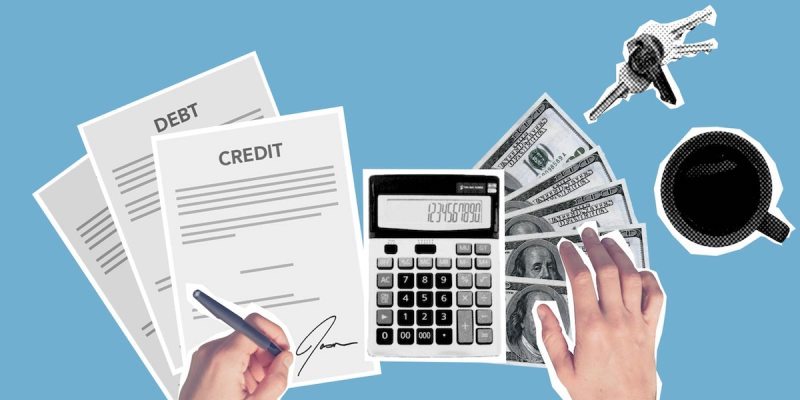What is a Tax Levy, and How to Handle One?
Dec 07, 2023 By Susan Kelly
Before we dig deep into tax levy, first, you will understand what levy taxation is and why it's crucial. Imagine you owe money in taxes, and the government needs that money. If you don't pay, they can use a tax levy to take things from you, like your paycheck or bank account.
This can be tough, so knowing how to deal with it is crucial. This article will explain a tax levy, how it works, and what happens if you ignore it.
Understanding IRS Tax Levy
Tax levies are a legal process used by taxing authorities, such as the Internal Revenue Service (IRS) in the United States, to collect unpaid taxes from individuals or businesses who have failed to meet their tax obligations.
Common Reasons for Tax Levies
Here are a few main reasons that will force you to face levy taxation.
Unpaid Taxes
The most straightforward reason for a levy is unpaid taxes. When taxpayers neglect or refuse to pay their owed taxes, taxing authorities are forced to levy assets to collect the tax. This includes federal income taxes, property taxes, and other taxes owed at the federal, state, or local levels.
Unfiled Tax Returns
Failing to file tax returns is another common trigger for taxing these levies. Taxing authorities need accurate information about your income to assess the taxes owed. When you don't file your returns, they automatically estimate your tax liability and proceed with a levy based on this estimate.
Outstanding Tax Debts
If you have an existing tax debt due to previous years, it can lead to such a levy. Taxing authorities use levies to satisfy these outstanding debts and penalties.
Failure to Respond to Notices
When the tax department sends multiple notices and warnings before resorting to a levy, and you just keep ignoring these notices or failing to respond, the situation can lead to asset seizures.
Impact of Tax Levy on Personal and Business Finances
Understanding the impact of these levies on taxes on your personal and business finances is crucial, as it can be financially devastating. Here's how these can affect you.

Asset Seizures
Tax levies often involve seizing assets such as bank accounts, wages, real estate, vehicles, and other valuable property. This can result in immediate financial hardship and disrupt your daily life or business operations.
Damage to Credit Score
Your unpaid taxes can lead you towards levies on tax, negatively impacting your credit score. A levy is a public record, and its presence on your credit report can make it challenging to obtain credit or loans in the future.
Stress and Anxiety
Dealing with tax levies can be emotionally and mentally taxing. The stress and anxiety associated with the possibility of losing assets and facing legal consequences can take a toll on your well-being.
Business Disruption
A levy on your tax can significantly disrupt your operations if you're a business owner. It will lead to the closure of your business, employee layoffs, and a damaged reputation in the business community.
To avoid these levies, it is vital to stay current with your tax obligations, respond promptly to notices from taxing authorities, and seek professional assistance.
How to Handle a Tax Levy Easily?
When you face such a situation with the levy on your tax, it's crucial to take fast action to handle the problem and recover control of your resources.
Understand the Levy Notice
The first step in handling a tax levy is to carefully review the notice you receive from the taxing authority, whether it's the IRS or a state or local tax agency. The notice will provide crucial information, such as the amount you owe, the type of taxes involved, and the deadline for compliance. Understanding the specifics of your situation is essential for formulating a plan.
Contact the Taxing Authority
If you receive any notice from the tax department, you must consult with the tax advisor. This will make things easy for you and help you resolve the issue by discussing your options with a representative.
Assess Your Financial Situation
Before taking any further steps, assess your financial situation honestly. Determine your income, expenses, and assets. Knowing your financial standing will help you develop a strategy for handling the levy. Be prepared to provide this information to the taxing authority if requested.
Act Swiftly to Prevent Asset Seizure
If you don't take action, the taxing authority can proceed with asset seizures, resulting in the loss of bank accounts, wages, or property. To prevent this, cooperate with the taxing authority.
Keep Detailed Records
Maintaining detailed records of all communications, payments, and agreements with the taxing authority while handling a levy on your tax. These records will prove your compliance and may be essential if any disputes arise.
Different Payment Options for Tax Levy
There are several payment options available to handle a levy on your tax.

Full Payment
If you can pay the entire debt lump sum, this is often the quickest way to resolve the levy. You may be able to use savings, borrow from friends or family, or secure a loan.
Installment Agreement
If you can't pay the total upfront, you may negotiate an installment agreement with the taxing authority. This allows you to pay the debt in smaller, manageable monthly installments.
Offer in Compromise (OIC)
Sometimes, in the worst situation, tax authorities consider you eligible for an OIC, which allows you to settle your tax debt for less than the full amount owed. This option is typically available if you can prove financial hardship or doubt the accuracy of the tax debt.
Conclusion
In this guide, we talked about levy taxation and, somehow, if you ever faced such a situation, how you should prevent your assets. You can read the guide to learn more about it.
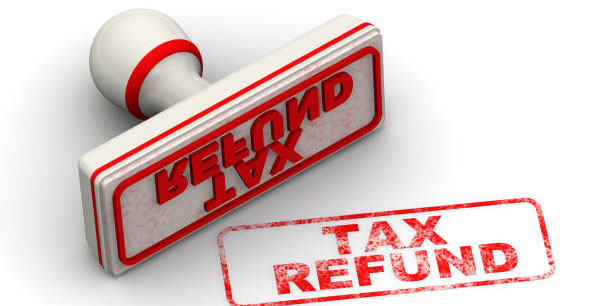
Here's How to Track Your Tax Refund
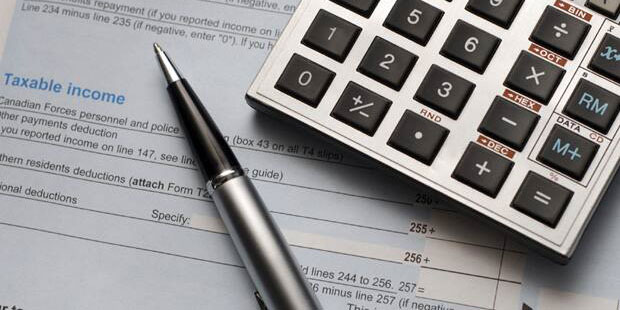
Explain in Detail: What is Tax Depreciation?

Listing Your Home on Airbnb

83(b) Election Guide: When and How Should You File With Tax Strategy?

Real Estate Closing Procedures

Your Ultimate Guide to Getting Student Loans for Trade School
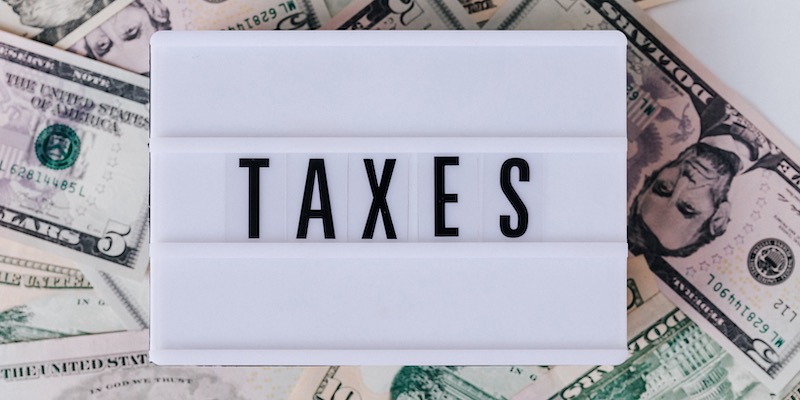
What is a Tax Levy, and How to Handle One?

How Much of Your Credit Limit Should You Use? A Comprehensive Guide
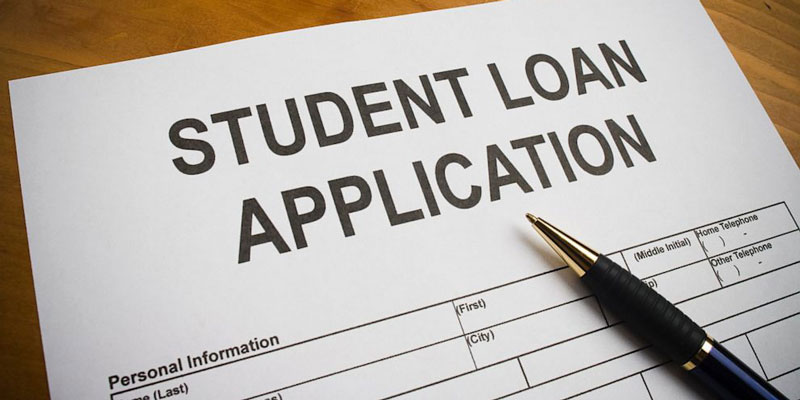
What Kind of Loans Do Great Lakes Student Loans Offer?
